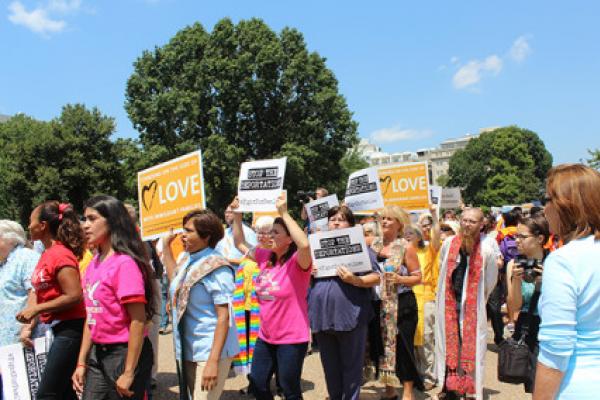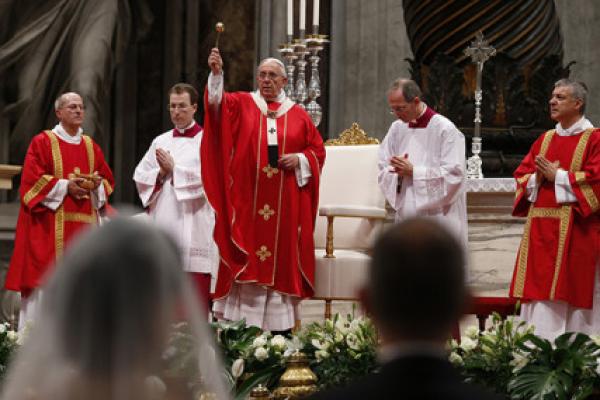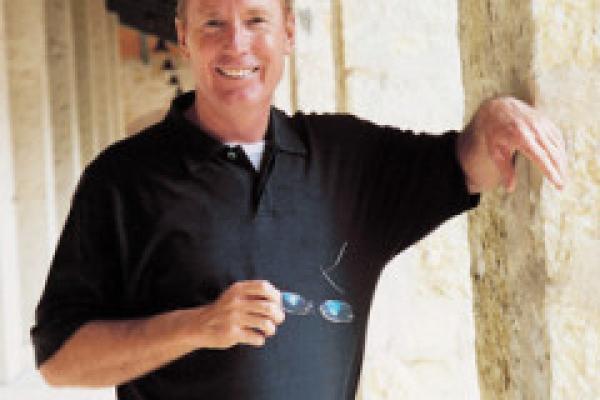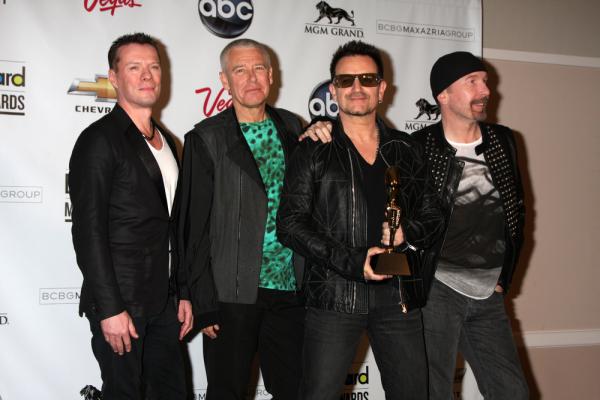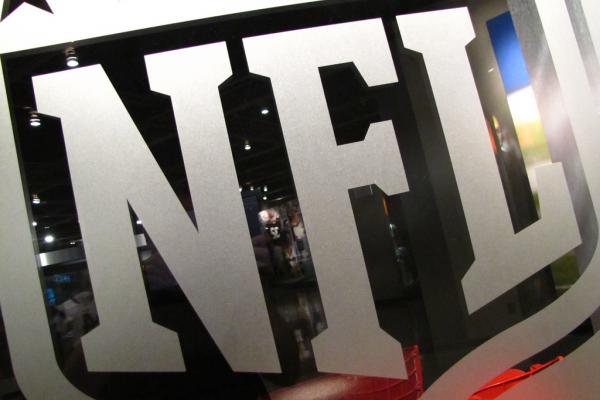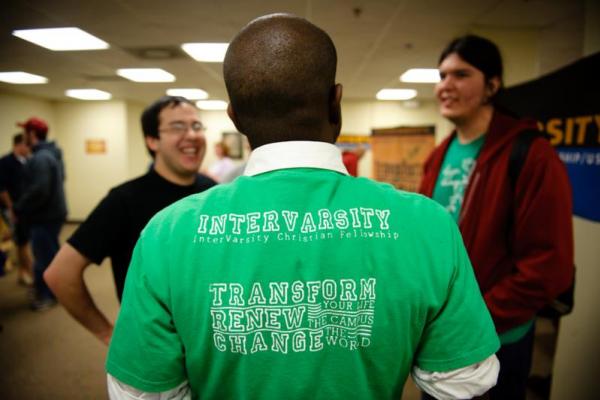Every September, Sojourners welcomes a new cycle of interns who have committed to living and working with us in our office in Washington, D.C., for one year. This group of 10 women and men work full time in the ministry of Sojourners, are given vocational and spiritual guidance, and live together in intentional community. Sojourners is also committed to providing housing, health care, food, and a modest living stipend for each of these great additions to our team.
The Sojourners Internship Program is more than an internship program: it’s one of the many ways we seek to build the next generation of leaders turning faith into action for social justice. Alumni of our program are serving as pastors, educators, and activists across the world (now more than 300 strong!). Several have joined our staff. Many of our alumni tell us this internship was a catalyst on their journeys.
We’re excited to introduce the newest group of Sojourners interns – Cycle 31 – to you. They are a group that comes from a diversity of backgrounds and religious traditions, and all offer their unique experiences and life journeys to our work here. Continue reading below to learn about each member of Cycle 31 and someone they’re grateful for who has influenced their personal journey to Sojourners. We look forward to seeing how they will transform us and be transformed by their experience with us in the coming year!
In the face of an imploding immigration system, an exploding political debate and a deadlock on reform in Washington, it was religious leaders who rallied to form a humanitarian response to the surge of unaccompanied children crossing the border to the United States this summer.
The number of migrants crossing the border began its steady rise in 2011, but it escaped the Obama administration’s notice until spring, when the rise became a wave.
By September, 66,127 unaccompanied children and 66,142 Salvadoran, Guatemalan and Honduran families had crossed into the Southwest, mostly into the Rio Grande Valley. The flood contributed to a backlog in U.S. immigration courts of nearly 400,000 cases.
Nowhere was the religious leadership more apparent than in McAllen, Texas, where churches and local government forged an effective and compassionate response to the crisis.
Pope Francis made headlines this week when he officiated at the weddings of 20 couples, including some who had been living together and a woman who has a daughter from a previous relationship.
It was the first time that the Argentine pontiff had presided over a marriage ceremony since his election and it may have also signaled a dramatic shift in Catholic Church doctrine.
Now five conservative cardinals appear to be hitting back.
In a new book to be released days before the world’s Catholic bishops gather at the Vatican for their October Synod, the hard-liners are challenging moves to moderate church doctrine on marriage and offer Communion to divorced Catholics who remarry.
The book, Remaining in the Truth of Christ: Marriage and Communion in the Catholic Church, will be published in five languages, including English and Italian, on Oct. 1.
When megachurch pastor Max Lucado greeted his successor at his San Antonio church, the two stood onstage and tried to put on each other’s shoes. They couldn’t.
The problem? Randy Frazee, Lucado’s successor, was six inches shorter.
The point, say co-authors William Vanderbloemen and Warren Bird in their new book about pastoral succession, came through loud and clear: No leader can stay forever. And none will be exactly like the one who came before.
For congregations that haven’t thought about who will succeed their current pastor, the authors of the new book “Next: Pastoral Succession That Works” have words of warning: Be prepared.
Churches may not know the day or the hour when they need to have an interim or permanent replacement for the senior pastor.
James Merritt spent years as senior pastor of an Atlanta-area megachurch that featured a mighty choir.
Then he changed his tune.
At 50, he left First Baptist Church Snellville to plant a new church — 200 people in a rented space at a high school 12 miles away — focused on reaching a young generation.
There was and is no choir. And that puts Merritt’s current congregation, Cross Pointe Church, right on trend.
The newly released National Congregations Study finds church choirs are on the downbeat in white Protestant churches across the theological spectrum.
Choirs stand strong in black Protestant congregations, where 90 percent of regular attendees say there’s a choir at the main service. The same is true for three in four (76 percent) Catholic worshippers.
But among white conservative evangelicals, only 40 percent of worshippers say they hear a choir at services, down from 63 percent 14 years ago.
“God has to be busy with everyone else. And hopefully he will come into my life. I hope it happens. It’s going to break my heart if it don’t.”
So says Andrew, one of the three teenage subjects of the documentary Rich Hill, currently playing in theaters across the country. While film refrains from any sermonizing on poverty, or any direct call to action from its audience, it’s mighty hard for socially minded Christians to hear these words and not feel compelled to react. Tracy Droz Tragos and Andrew Droz Palermo’s documentary is an unflinching portrait of poverty in rural America, and its sympathetic portrayals give heartbreaking examples of neighbors in need.
The film follows a year in the lives of three boys: Andrew, Harley, and Appachey. They don’t know each other, but they have much in common. Besides living in the small town of Rich Hill, Mo., all three come from troubled families living well below the poverty line. Andrew is the most hopeful of the group. He’s got a family he loves, and a father who means well, but whose unrealistic dreams keep the family moving from place to place and dodging unpaid bills. Thirteen-year-old Appachey and 15-year-old Harley, however, come from darker situations. Harley is a victim of sexual abuse (his mother is in jail for attempting to kill the man responsible), while Appachey’s violent behavioral issues are simply too much to handle for his single mom, overwhelmed with his siblings and a dilapidated house filled to the rafters with junk.
By now you have heard that Apple gave you music. Free music. From U2. Now, they paid U2 a lot of money for those tunes and it's pretty clear that it's not the first time that someone paid a U2 a lot of money for their music so that you could have it for free as long as you were a loyal customer.
The U2 back catalogue has done pretty well this week.
Some of us are rather peevish customers, it would seem. There have been numerous articles on the betrayal by either U2 or Apple. Don't they know that our iDevices are private property? Don't they know that we have put a fence around our little corner of the cloud?
Sadly the tech doesn't really work that way and the agreement you checked - we all checked, really - makes it pretty clear that they own the cloud and you merely lease space there. Your iDevice is a portal, no more, no less.
When Baltimore Ravens running back Ray Rice was suspended for only two games for beating his fiancée (now wife), it became a dramatic public example of the lack of accountability for professional athletes. Only when a video came out showing Rice punching his fiancée so hard it knocked her unconscious, and then dragging her limp body from the casino elevator, did the NFL take further action. As new incidents of domestic violence and child abuse come out, many are calling for Commissioner Roger Goodell to resign or lose his job.
But this epidemic is about so much more than Goodell, whose lack of leadership is typical in professional sports. It’s about more than one team, one league, or sports in general.
Last week, InterVarsity Christian Fellowship was derecognized at California state schools, barring the group’s access to on-campus meeting rooms, school funds, and other student functions. While InterVarsity welcomes all to participate in its campus-based student groups, it was derecognized because their leadership policy, which requires students in positions of leadership to sign a statement of belief, conflicted with state-mandated nondiscrimination policies.
From the standpoint of religious liberty in this secular age, it’s hard to get around the troubling nature of this policy. Part of me squirms and rolls my eyes at the increasing irony of the intolerance of tolerance. Why can’t we — as a religious community born of a 2,000-year-old tradition — retain some beliefs that have become out-of-style in the modern academy? The principle irks me: Shouldn’t Christian groups be allowed to require that their leaders are Christian?
On the other hand, might this be another example of evangelicalism prioritizing doctrines over compassionate love of the world? I mean, can’t InterVarsity recognize why nondiscrimination policies exist, stop complaining about persecution, welcome their LGBTQ members into leadership, and get on to the real business of redeeming creation to the glory of God? Is this yet another haunting specter of fundamentalism clinging to its evangelical host?
Given that the crux of this issue revolves around what InterVarsity’s student leaders ostensibly do or do not believe, perhaps this is an opportunity for Christians to (re)consider their affinity for “belief statements.” Are they really that important?
Now, wait — before you throw your hands up and shout “liberal postmodern relativism,” let me explain.
Drawing on sociologist Pierre Bourdieu, Christian philosopher James K.A. Smith writes in Imagining the Kingdom that belief is not primarily “assent to propositions but rather a functional, enacted trust and entrustment to a context and a world.”
In other words, it is not primarily our intellectual assent to a correct doctrine that constitutes belief. To our enlightened modern minds, this may sound frightening. What we think doesn’t matter? Aren’t propositional belief statements the very bulwark which has preserved Christian orthodoxy against centuries of secular onslaught?
But consider: what does it really mean to believe in something?
Historically, Christianity hasn’t been very open to the idea of being influenced by other religions. In the early days of the faith, we borrowed from Hellenism, Zoroastrianism, Gnosticism, Judaism and various “pagan” religions, repurposing their symbols to mean something new. Following the adoption of Christianity as the official religion of the Roman Empire, we focused more on converting others to our faith, or at least denigrating the legitimacy of other faiths to establish ours as superior.
Oh, but times, they are a’changin.’
Our numbers are down, our influence continues to wane, and we’re struggling with what I call in “postChristian” both an identity crisis and a credibility crisis. The good news is that, in this newly humbled state, lies a glimmer of opportunity. Not the kind we’ve had previously, to once again dominate the cultural landscape. That time has passed. Rather, as more of us within the Christian faith take less for granted, we’re asking harder questions:
